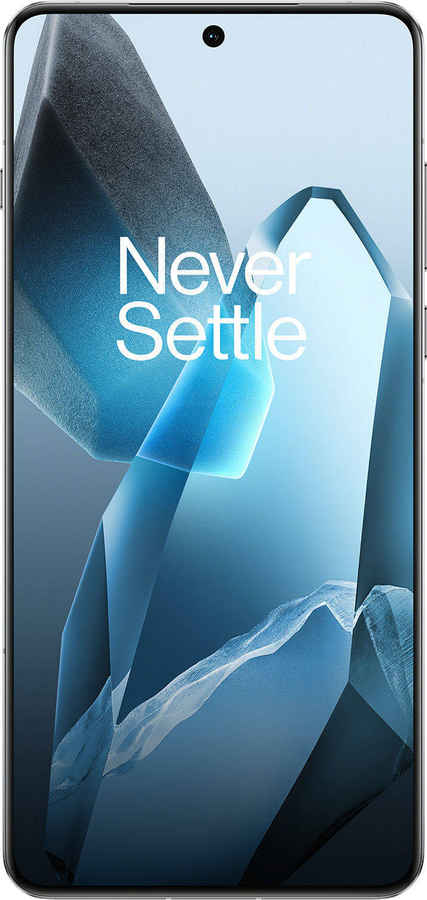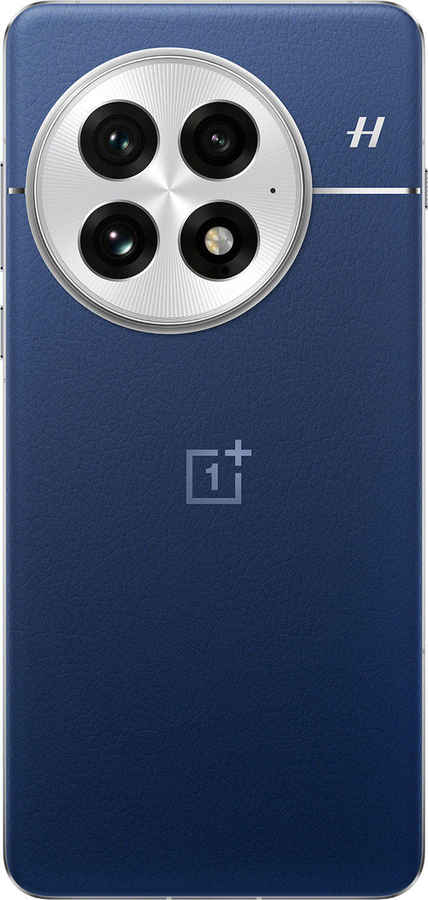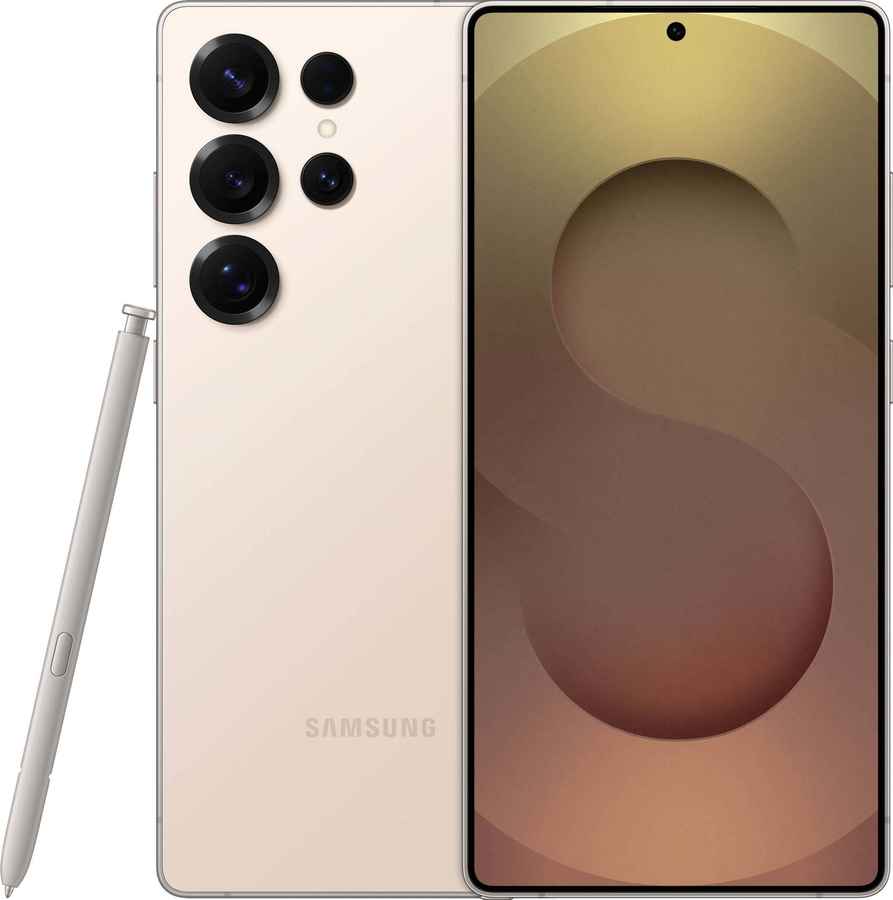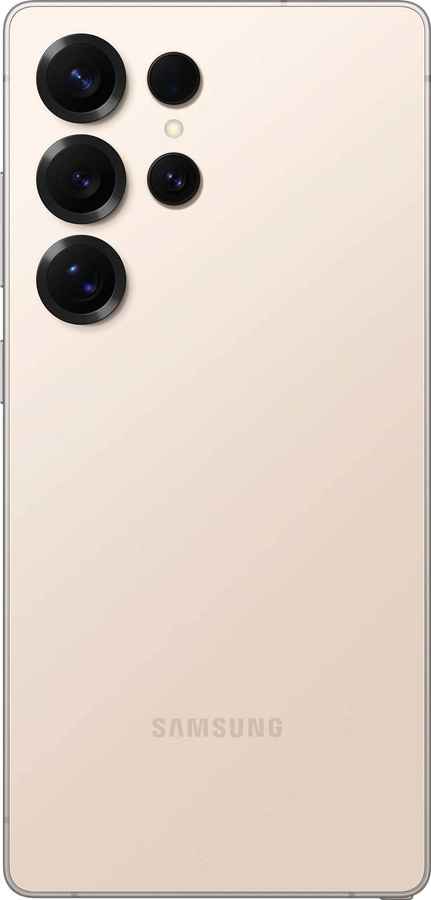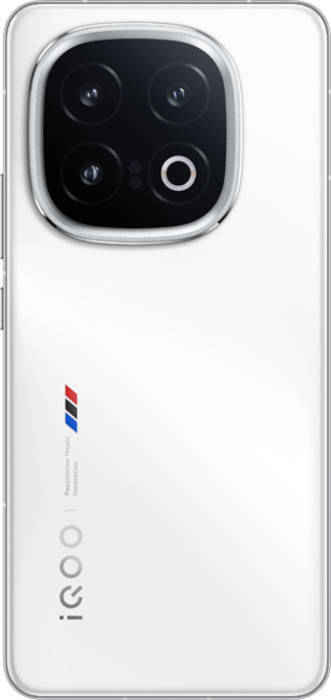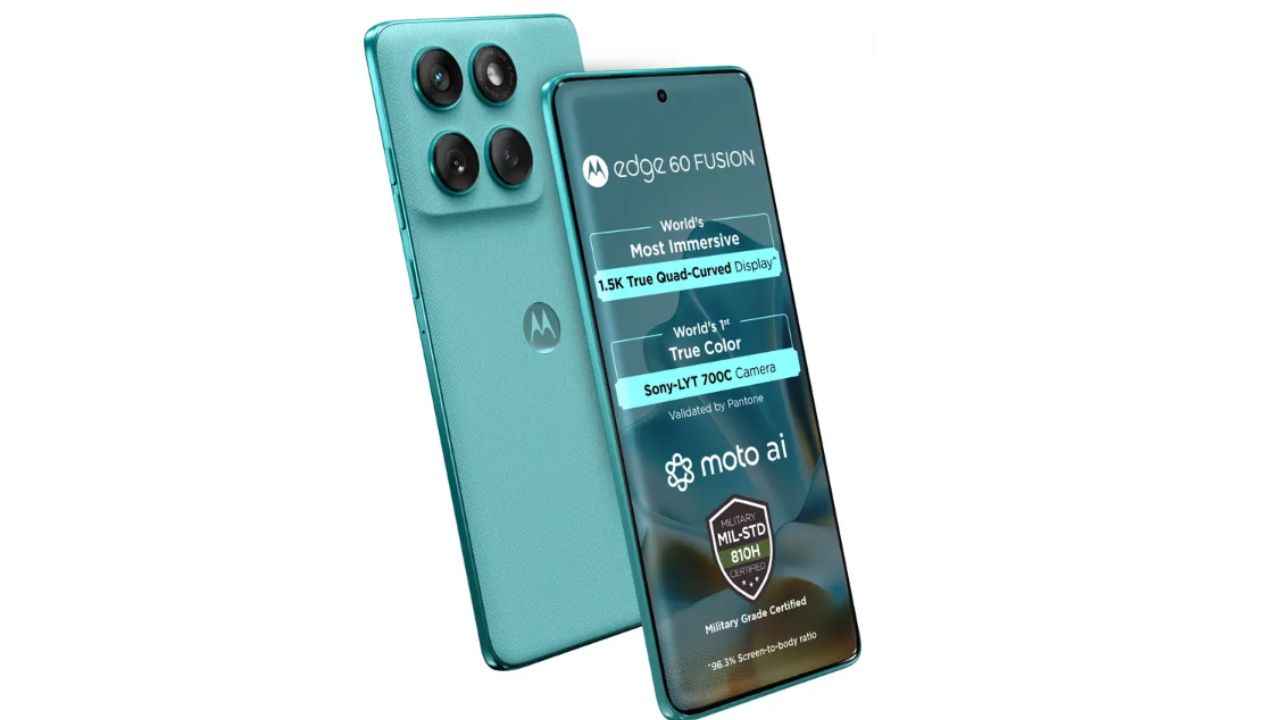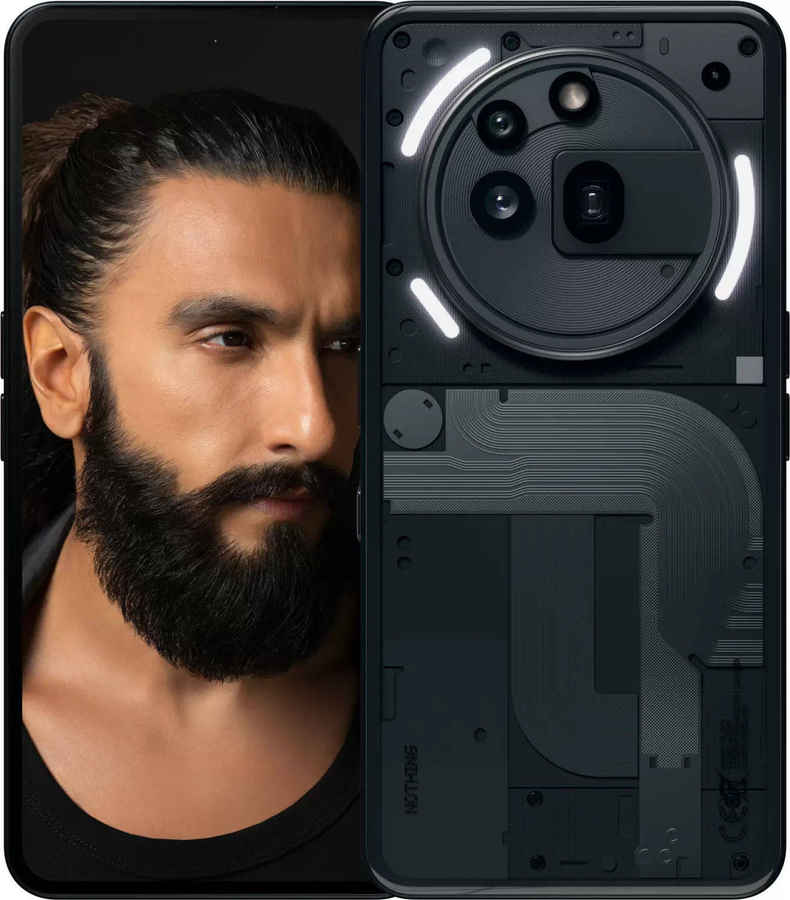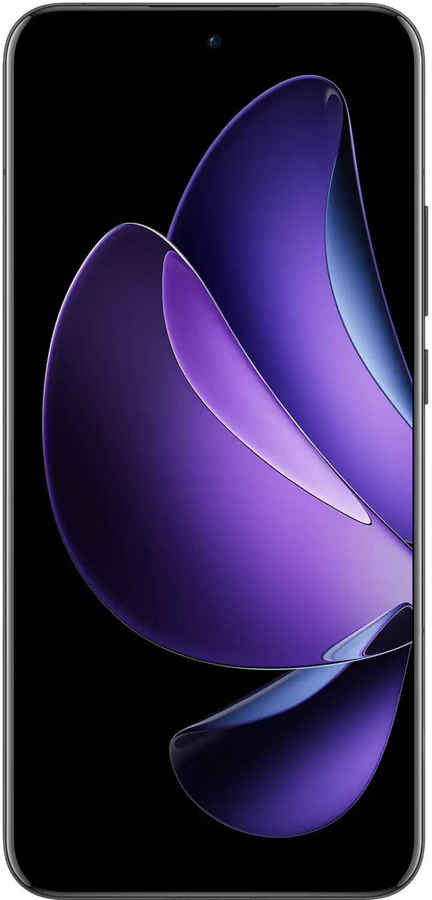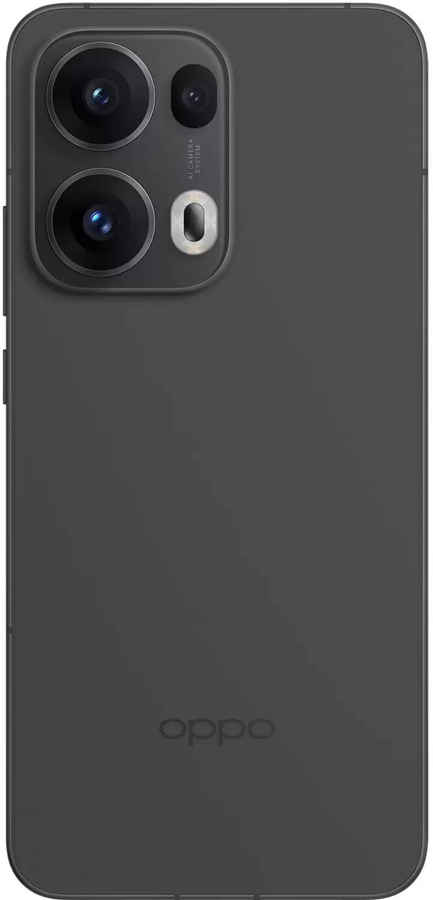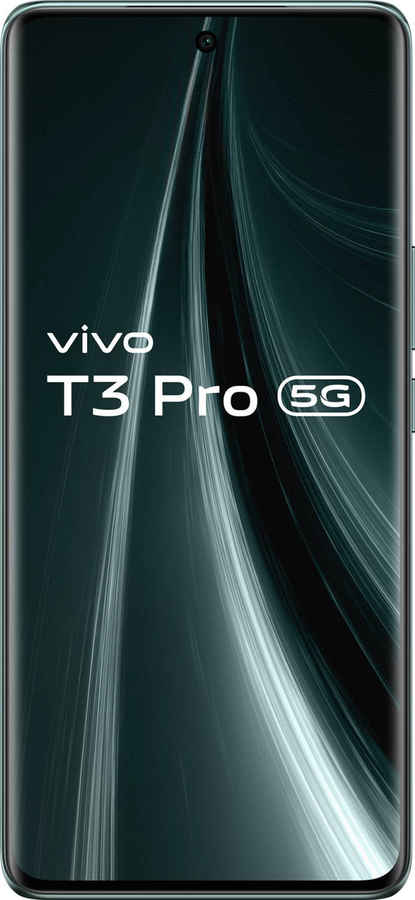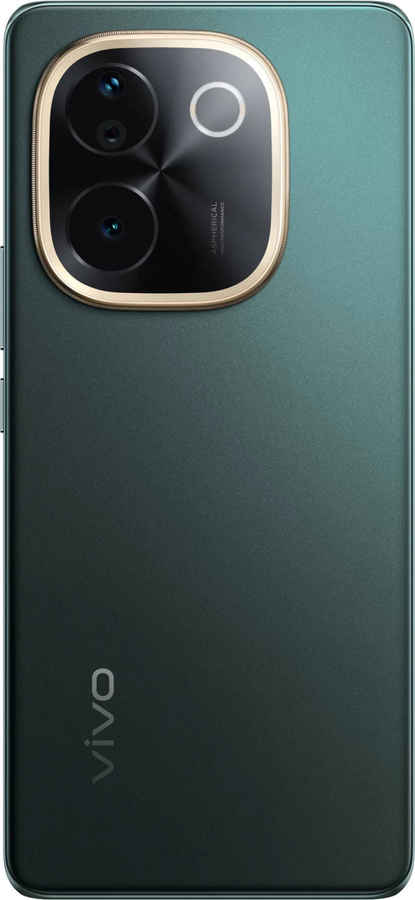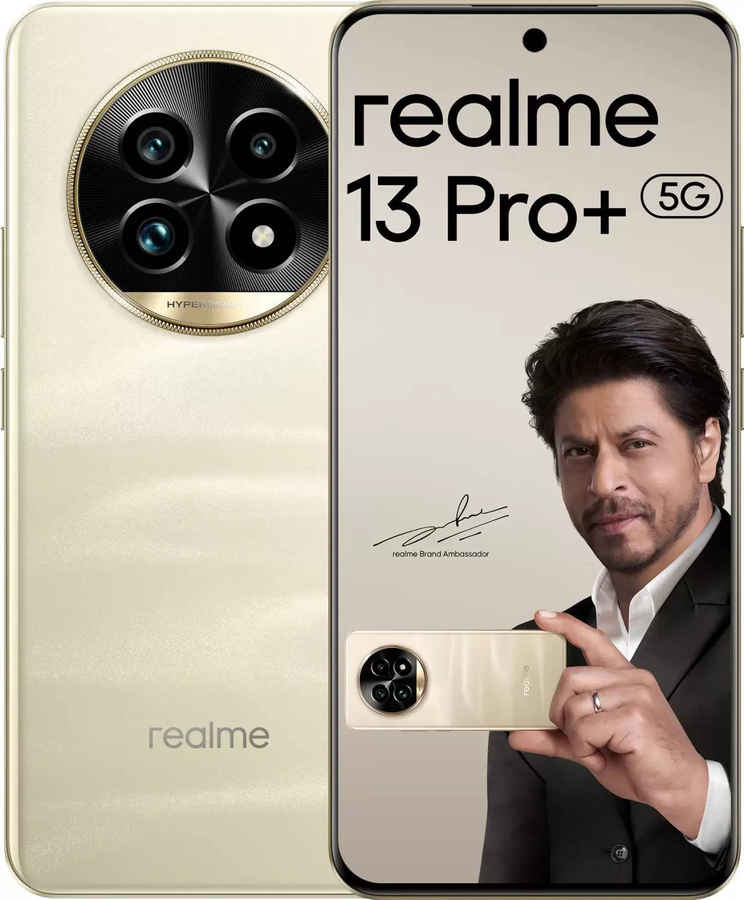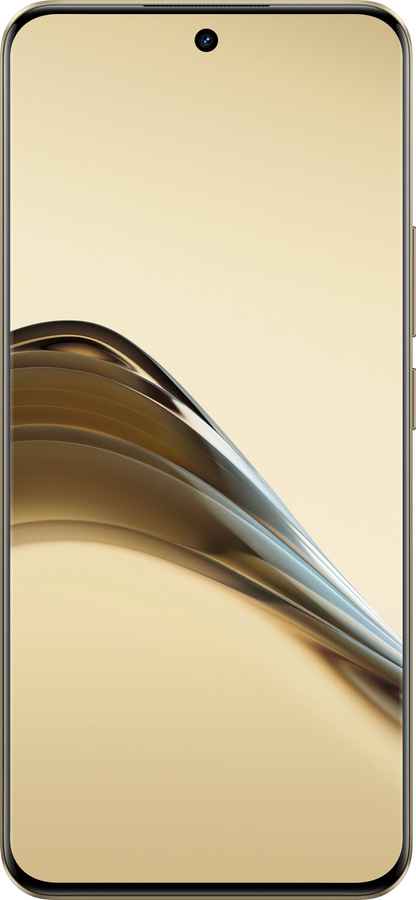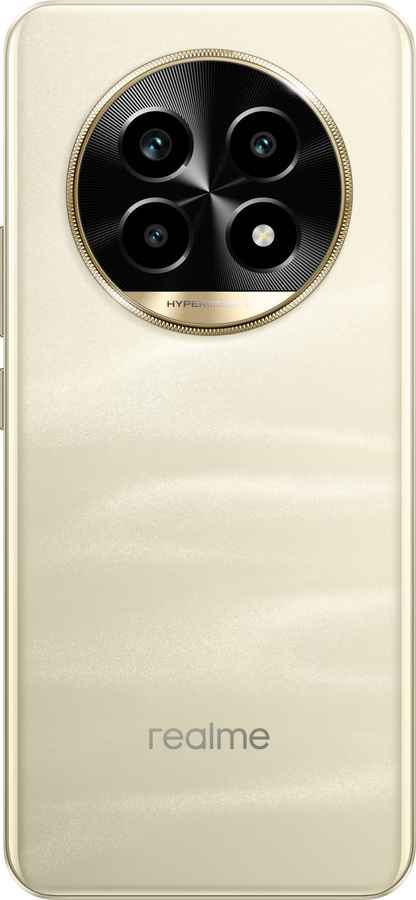Best Android Phones
Finding the best Android smartphone in India can be a daunting task with the sheer number of options available. From flagship powerhouses to feature-packed mid-rangers and budget-friendly gems, there’s an Android phone for every user. Whether you prioritise camera quality, gaming performance, battery life, or software experience, the Indian smartphone market has something to offer. In this list, we’ve rounded up the top Android phones across different price segments, considering key aspects like performance, display, battery efficiency, and overall user experience. Whether you’re looking for the best premium flagship or a value-for-money daily driver, our curated selection will help you make an informed choice. So, if you’re planning to buy a new Android phone in 2025, read on to discover the best options that cater to your needs, offering the perfect mix of innovation, reliability, and price-to-performance ratio.
The OnePlus 13 scores 8.8 out of 10 in our testing for its refined design, Snapdragon 8 Elite power, and stellar battery life. Its 6000 mAh battery and IP68/IP69 ratings make it both durable and dependable. While the cameras aren’t best-in-class, its performance, endurance, and clean software make it a top flagship pick for 2025.
The Samsung Galaxy S25 Ultra stands out its camera 200 MP, battery rating 5000 mh, resolution 1440×3120 px (QHD+). Designed for users who demand the best from their devices, Samsung Galaxy S25 Ultra delivers top-tier performance, stunning visuals, and long-lasting battery life. Whether you're a gamer, a photography enthusiast, or someone looking for a fast, reliable phone, the Samsung Galaxy S25 Ultra ticks all the boxes. Here's why the Samsung Galaxy S25 Ultra.
The iQOO 13 5G-16 GB 512 GB RAM stands out its camera 50 MP, battery rating 6000 mh, resolution 1440×3168 px (QHD+). Designed for users who demand the best from their devices, iQOO 13 5G-16 GB 512 GB RAM delivers top-tier performance, stunning visuals, and long-lasting battery life. Whether you're a gamer, a photography enthusiast, or someone looking for a fast, reliable phone, the iQOO 13 5G-16 GB 512 GB RAM ticks all the boxes. Here's why the iQOO 13 5G-16 GB 512 GB RAM.
The Google Pixel 9 Pro XL-16 GB 512 GB RAM stands out its camera 50 MP, battery rating 5060 mh, resolution 1344×2992 px (FHD+). Designed for users who demand the best from their devices, Google Pixel 9 Pro XL-16 GB 512 GB RAM delivers top-tier performance, stunning visuals, and long-lasting battery life. Whether you're a gamer, a photography enthusiast, or someone looking for a fast, reliable phone, the Google Pixel 9 Pro XL-16 GB 512 GB RAM ticks all the boxes. Here's why the Google Pixel 9 Pro XL-16 GB 512 GB RAM.
The Motorola Edge 60 Fusion stands out with its camera 50 MP, battery rating 5200 mh, resolution 1220 x 2712 px. Designed for users who demand the best from their devices, Motorola Edge 60 Fusion delivers top-tier performance, stunning visuals, and long-lasting battery life. Whether you're a gamer, a photography enthusiast, or someone looking for a fast, reliable phone, the Motorola Edge 60 Fusion ticks all the boxes.
Stunning Quad-Curved pOLED Display
Premium, Lightweight Design
Capable Camera System
Clean, Bloat-Free Android 15 Experience
Strong Battery Life + Fast Charging
Solid Daily Performance
No NFC Support
No Case Included in the Box
Not Ideal for Power Users or Gamers
The Nothing Phone 3a Pro stakes its claim in the mid-range with a distinctive design and a bright, vibrant display that truly stands out. Its signature Glyph interface and transparent aesthetic make it one of the most visually unique phones you can get in this segment, instantly setting it apart from the crowd. The 6.77-inch AMOLED screen dazzles with HDR10+ support and impressive peak brightness, delivering an immersive experience for streaming and gaming. Performance-wise, the Snapdragon 7s Gen 3 chipset powering the 3a Pro offers only a modest boost over the standard 3a, which raises eyebrows considering the “Pro” label. Real-world usage confirms this minimal gap, with benchmark and gaming performance largely overlapping with its sibling. However, the clean, bloat-free Nothing OS 3.1 built on Android 15 provides a smooth, fluid experience complemented by unique AI features like Essential Space and its dedicated hardware key, a thoughtful touch for productivity enthusiasts. The triple camera setup impresses with its versatile range, particularly the 50MP periscope telephoto lens that delivers detailed portraits and excellent low-light shots. Colours remain true to life without the oversaturation often seen in mid-rangers, though some occasional quirks like artificial bokeh are noticeable. While its battery life is solid and fast charging convenient, the 3a Pro’s biggest compromise is raw performance, especially against competitors boasting flagship-grade Snapdragon 8s chips at similar prices. If you prioritize distinctive design, a clean user experience, and a reliable camera system over outright power, the Nothing Phone 3a Pro deserves a spot on your shortlist. It scored a respectable 7.8 on Digit’s scale, with standout marks in design and features, though performance remains its soft spot.
The OPPO Reno13 Pro-12 GB 512 GB RAM stands out its camera 50 MP, battery rating 5800 mh, resolution 1272×2800 px (FHD+). Designed for users who demand the best from their devices, OPPO Reno13 Pro-12 GB 512 GB RAM delivers top-tier performance, stunning visuals, and long-lasting battery life. Whether you're a gamer, a photography enthusiast, or someone looking for a fast, reliable phone, the OPPO Reno13 Pro-12 GB 512 GB RAM ticks all the boxes. Here's why the OPPO Reno13 Pro-12 GB 512 GB RAM.
The vivo T3 Pro-8 GB 256 GB stands out its camera 50 MP, battery rating 5500 mh, resolution 1080×2392 px (FHD+). Designed for users who demand the best from their devices, vivo T3 Pro-8 GB 256 GB delivers top-tier performance, stunning visuals, and long-lasting battery life. Whether you're a gamer, a photography enthusiast, or someone looking for a fast, reliable phone, the vivo T3 Pro-8 GB 256 GB ticks all the boxes. Here's why the vivo T3 Pro-8 GB 256 GB.
The Honor Magic 6 Pro stands out its camera 50 MP, battery rating 5600 mh, resolution 1280×2800 px (FHD+). Designed for users who demand the best from their devices, Honor Magic 6 Pro delivers top-tier performance, stunning visuals, and long-lasting battery life. Whether you're a gamer, a photography enthusiast, or someone looking for a fast, reliable phone, the Honor Magic 6 Pro ticks all the boxes. Here's why the Honor Magic 6 Pro.
The realme 13 Pro Plus stands out its camera 50 MP, battery rating 5200 mh, resolution 1080×2412 px (FHD+). Designed for users who demand the best from their devices, realme 13 Pro Plus delivers top-tier performance, stunning visuals, and long-lasting battery life. Whether you're a gamer, a photography enthusiast, or someone looking for a fast, reliable phone, the realme 13 Pro Plus ticks all the boxes. Here's why the realme 13 Pro Plus.

